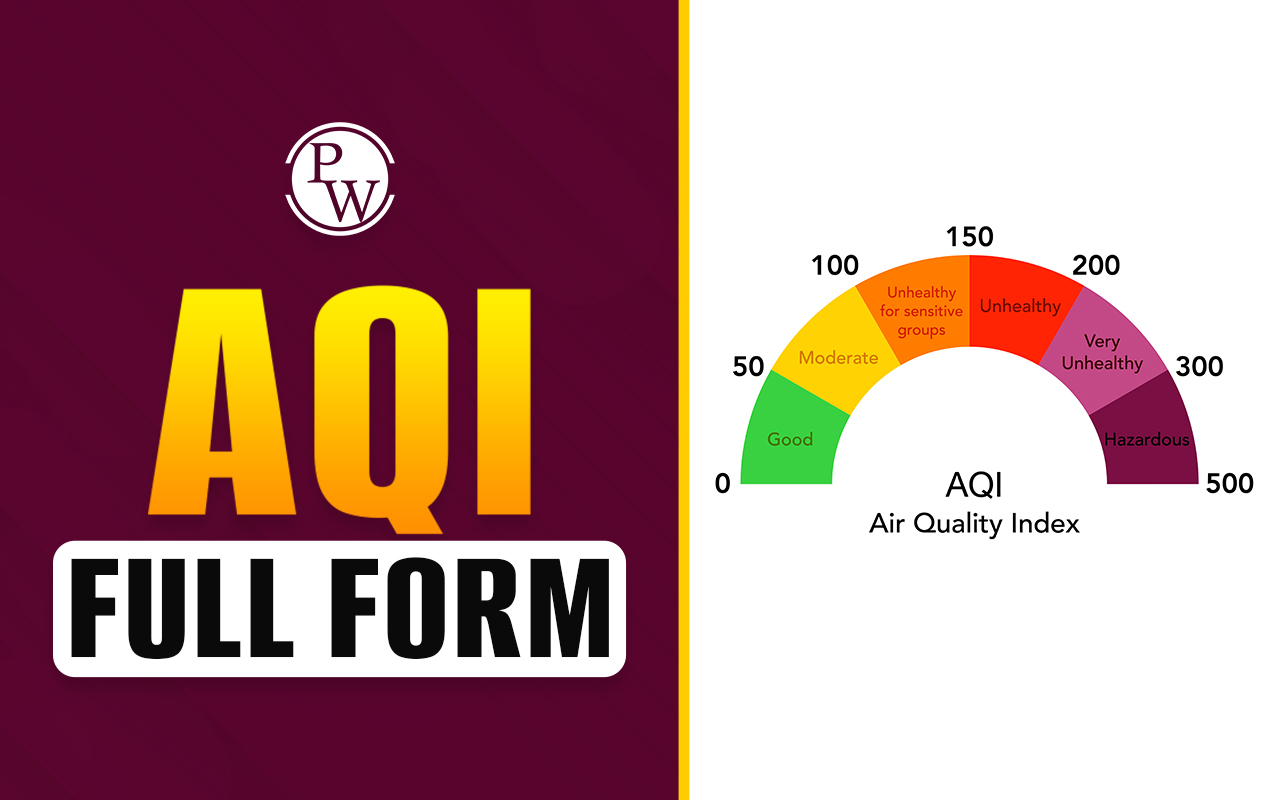

A database system (DBS) is a collection of computer programs and other tools used to store, manage, and manipulate large amounts of data. A database system typically contains a database engine for accessing the data, a data dictionary for defining the structure of the data, and a query language for executing the operations on the data.
Database systems are widely used in many different types of applications, including enterprise resource planning (ERP), customer relationship management (CRM), data warehousing and business intelligence (BI), and analytical applications.
The most common types of database systems are relational, object-oriented, and object-relational. Relational databases are the oldest and most widely used type of database. These databases store data as two-dimensional tables, with each row representing a record and each column representing a field in the record.
Object-oriented databases store data as objects, with each object having its own set of properties and methods. Object-relational databases combine both relational and object-oriented features.
In order to use a database system, users must have a clear understanding of the basics of the system. This includes an understanding of the data model of the system, the query language of the system, and the data manipulation language of the system. Additionally, users must be aware of the normalization rules and data integrity rules that govern the system.
Database systems also provide access control features, allowing users to restrict access to certain records or data fields. Additionally, database systems offer a variety of security features, including authentication, data encryption, and data integrity checks. Finally, database systems may support the development of stored procedures, which are programs written in a database query language that can be used to perform a variety of tasks with the data.
The Applications of Using Database Systems
- Database systems allow businesses to store and retrieve data more quickly, making operations more efficient.
- By storing data in a structured format, databases reduce the risk of errors due to incorrect entries or duplication of data.
- With database systems, users can access the same data from different locations and platforms, providing increased flexibility and mobility.
- Database systems come with features such as audit trails and encryption, which can help businesses secure their data.
- Database systems make it easier to automate processes, allowing businesses to concentrate on strategic decision-making rather than mundane tasks.
- Data stored in databases can be quickly and easily analyzed through query writing, leading to improved business intelligence.
- Databases are built to be easily scalable, meaning businesses can quickly add more capacity or expand the data sets as needed.
- Database systems provide an easier way to share data between users, allowing for better collaboration.
Database Design: Strategies for Creating an Effective Database Structure
- Understanding Data Relationships: Examining the connections between different types of data and how they can be organized.
- Normalization: Streamlining the database by organizing data into entities, attributes and relationships.
- Entity-Relationship Modeling: Diagramming data into entity classes and relationships.
- Structured Query Language (SQL): Creating queries to manage and interact with stored data.
- Data Warehousing: Combining data from multiple sources into a single repository.
- Database Design: Planning and designing databases for efficient storage, retrieval and updating.
- Data Mining: Analyzing large datasets to uncover hidden patterns, correlations and trends.
- Data Visualization: Presenting data visualization in an accessible and understandable way.
- Big Data Analysis: Using advanced technologies to analyze and interpret large data sets.
- AI and Machine Learning: Using algorithms to automate data analysis and improve predictions.
- Security and Access Controls: Ensuring secure access to databases and data governance.
The Future: What's Next in Database Technology?
- The future of databases lies in an ever-changing technology landscape, with the development of new advancements in storage systems, search engine technology, and data modeling. Database technologies that are being developed, such as graph databases and columnar databases, are being used by businesses and consumers alike.
- We can expect to see more features focused on consolidating data, such as union queries, as well as more technologies, such as machine learning and artificial intelligence, allowing users to gain deeper insights into trends, generate more accurate forecasts and gain valuable commentary.
- The next big advancement in database technology will likely be a shift to the cloud due to the increased flexibility, scalability and cost-effectiveness provided. The shift to the cloud will enable organizations to connect with other companies, enabling them to use the same set of databases.
- Ultimately, the future of database systems lies in continually evolving technology. This can include creating smarter systems and applications, such as predictive analytics and automated processes, as well as creating a far more agile infrastructure for data. By creating a more interconnected database, businesses can gain a greater insight into the data their organization holds, leading to a much more data-driven approach to their decision-making.
What is the full form of DBS in the field of computers?
DBS in the field of computers stands for Database Systems.
What are some of the benefits of using DBS?
Some of the benefits of using DBS include Greater Efficiency, Reduced Data Errors, Improved Accessibility, Enhanced Security, Automation of Processes, Advanced Analysis, Scalability and Improved Collaboration.
Talk to a counsellorHave doubts? Our support team will be happy to assist you!

Free Learning Resources
PW Books
Notes (Class 10-12)
PW Study Materials
Notes (Class 6-9)
Ncert Solutions
Govt Exams
Class 6th to 12th Online Courses
Govt Job Exams Courses
UPSC Coaching
Defence Exam Coaching
Gate Exam Coaching
Other Exams
Know about Physics Wallah
Physics Wallah is an Indian edtech platform that provides accessible & comprehensive learning experiences to students from Class 6th to postgraduate level. We also provide extensive NCERT solutions, sample paper, NEET, JEE Mains, BITSAT previous year papers & more such resources to students. Physics Wallah also caters to over 3.5 million registered students and over 78 lakh+ Youtube subscribers with 4.8 rating on its app.
We Stand Out because
We provide students with intensive courses with India’s qualified & experienced faculties & mentors. PW strives to make the learning experience comprehensive and accessible for students of all sections of society. We believe in empowering every single student who couldn't dream of a good career in engineering and medical field earlier.
Our Key Focus Areas
Physics Wallah's main focus is to make the learning experience as economical as possible for all students. With our affordable courses like Lakshya, Udaan and Arjuna and many others, we have been able to provide a platform for lakhs of aspirants. From providing Chemistry, Maths, Physics formula to giving e-books of eminent authors like RD Sharma, RS Aggarwal and Lakhmir Singh, PW focuses on every single student's need for preparation.
What Makes Us Different
Physics Wallah strives to develop a comprehensive pedagogical structure for students, where they get a state-of-the-art learning experience with study material and resources. Apart from catering students preparing for JEE Mains and NEET, PW also provides study material for each state board like Uttar Pradesh, Bihar, and others
Copyright © 2025 Physicswallah Limited All rights reserved.











